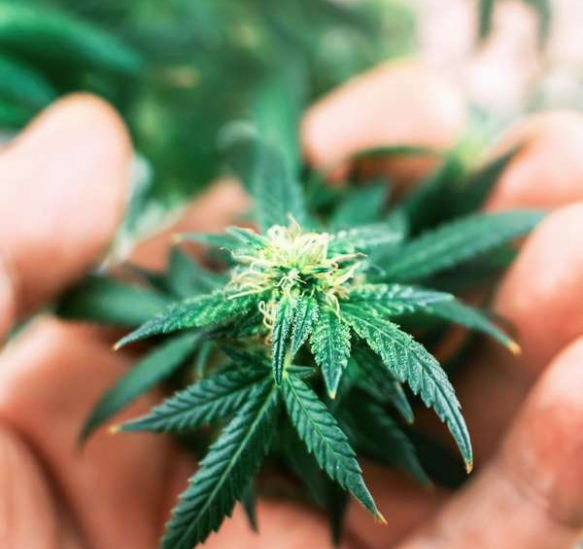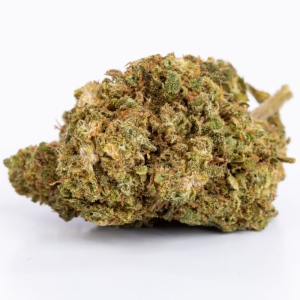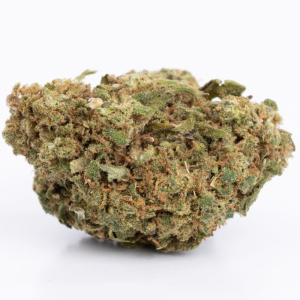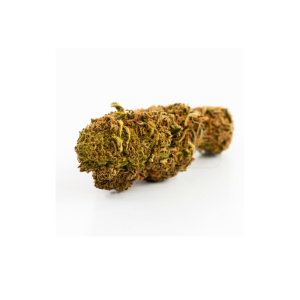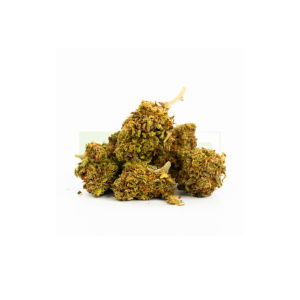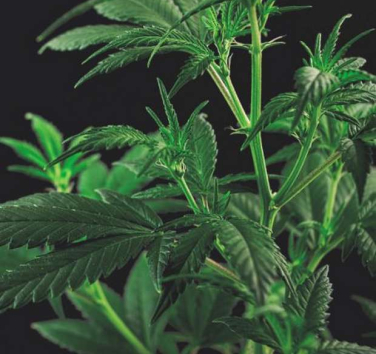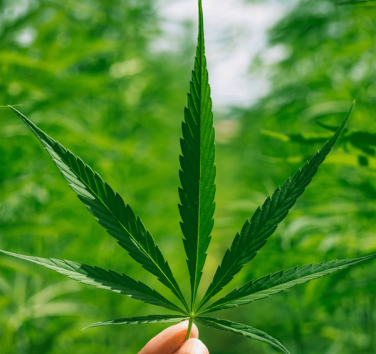Hexahydrocannabinol O-acetate, or HHC O-acetate… that's a catchy name, right? We are talking here about a chemical derivative of HHC, a controversial molecule which was formally banned in France by the National Agency for the Safety of Medicines and Health Products (ANSM) on June 13 2023.
You will have understood… to understand HHC O-acetate, you will have to take a little detour via HHC. It is a hydrogenated analogue of THC(tetrahydrocannabinol), the famous psychotropic molecule of cannabis.
HHC is simply THC to which additional hydrogen atoms have been added. This hydrogenation affects its biological activity in ways that are not yet well understood by scientists. Empirical observations show that HHC can be more or less psychotropic than THC depending on the individual.
HHC O-acetate is therefore a derivative of HHC by addition of an acetate group, composed of two carbon atoms, three hydrogen atoms and two oxygen atoms, arranged so as to form the functional group “-COO-” at the end of a chemical reaction which forms an ester bond with a hydroxyl group of the HHC.
The molecular formula of HHC O-acetate is therefore logically more complex than that of the HHC group, again with an impact on the chemical and biological properties of the compound , especially in terms of solubility, stability, metabolism in the human body and psychoactive effect.
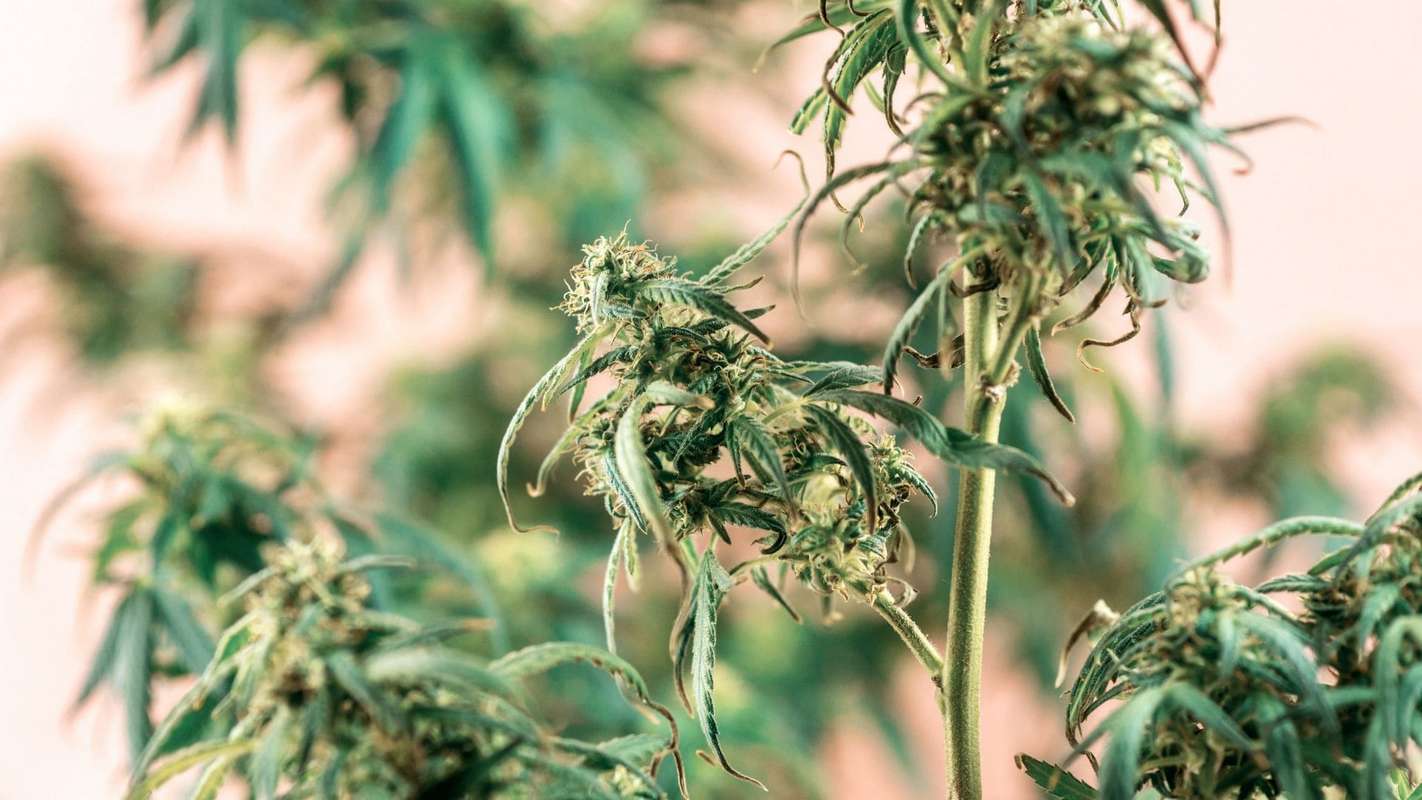 HHC O-acetate… what is it, exactly?
HHC O-acetate… what is it, exactly?
What are the effects of HHC O-acetate on the body?
We're not going to lie: the data on the real effects of HHC O-acetate on the body and mind are (very) limited, if not non-existent. However, we can make relatively credible hypotheses due to the derivation of the HHC molecule.
Is HHC O-acetate psychoactive?
Yes, definitely, like HHC from which it is derived, and like THC which is its direct relative. There is no doubt about the reality of the intoxicating and addictive effect. It is more about the intensity of it compared to THC.
How does HHC O-acetate express its effects on the body?
Here again, there is no certainty... but like all other cannabinoids, HHC O-acetate very likely interacts with endocannabinoid receptors which are found almost everywhere in the human body ( and in mammals, more generally). A priori, it has more affinities with “CB 2” type receptors, which are found in particular in the immune system and certain peripheral tissues. They are involved in the regulation of inflammation, immune response and management of pain and tissue damage.
Does HHC-O acetate have health benefits?
Like all cannabinoids, whether psychotropic like THC and HHC or non-psychotropic like CBD, CBG and CBN, HHC-O acetate has some virtues on health. It relieves pain and it probably regulates moodby acting on stress and anxiety… but the price to pay is not worth it: psychotropic effect, addiction… and severe sanctions in the framework of the law against drug trafficking and consumption, which therefore brings us to the next point.
Is HHC-O acetate legal in France?
Absolutely not. HHC-O acetate was made illegal at the same time as HHC from which it is derived, on June 13, 2023. The ANSM had also warned of the dangers of HHC and its derivatives in May 2023, citing “ tremors, vomiting, anxiety, bad trip, mental confusion, malaise, tachycardia, chest pain and blood pressure surges”.
For his part, the former Minister of Health, François Braun, had hinted at an imminent ban on HHC and its derivatives from May 15, 2023. “ Obviously, it is a product that causes strong addiction and psychotropic effects,” he declared.
Moreover, HHC-O acetate is specifically cited in the ANSM press release, which mentions “a risk of abuse and dependence equivalent to that of recreational cannabis.

